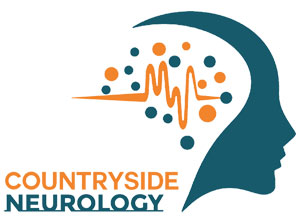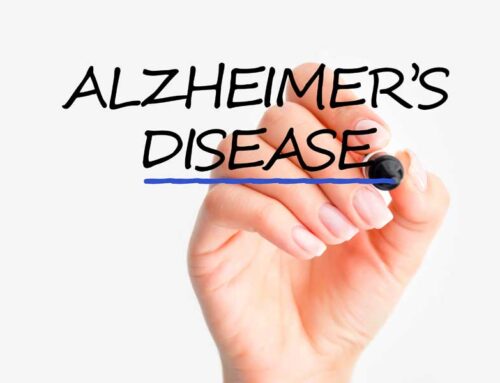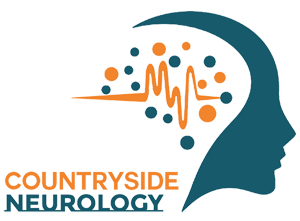Alzheimer’s disease is one of the most challenging neurological conditions, affecting millions of people worldwide. Early detection is crucial for managing symptoms and slowing the progression of the disease. Recent advancements in testing, such as the Alzheimer’s eye test discussed by Dr. Sanjay Gupta, offer new hope in identifying the disease early on.
Why Early Detection Matters
Alzheimer’s disease often goes undiagnosed until significant cognitive decline has occurred, making treatment more difficult. Early detection allows for:
- Proactive Management: Starting treatments sooner can help slow the progression of the disease and improve quality of life.
- Planning Ahead: It provides patients and families with more time to plan for the future, including care needs and lifestyle adjustments.
- Research Opportunities: Early diagnosis can make patients eligible for clinical trials, potentially giving them access to cutting-edge treatments.
The Alzheimer’s Eye Test: A New Frontier in Diagnosis
Dr. Sanjay Gupta recently highlighted a groundbreaking test that could revolutionize how we diagnose Alzheimer’s disease. The Alzheimer’s eye test, still in the research phase, aims to detect the disease much earlier than current methods. This non-invasive test examines the retina, where changes related to Alzheimer’s may appear long before cognitive symptoms arise.
This test could be a game-changer for early diagnosis, offering a simple, accessible, and cost-effective way to screen for Alzheimer’s in its earliest stages. As research continues, this test could soon become a standard tool in the fight against Alzheimer’s disease.
Traditional Tests for Alzheimer’s Disease
While the Alzheimer’s eye test shows promise, traditional methods of diagnosis remain essential. These include:
- Cognitive Testing: Evaluates memory, problem-solving, and other thinking skills.
- Brain Imaging: MRI and CT scans can reveal brain atrophy and other structural changes associated with Alzheimer’s.
- Biomarker Testing: Analyzes cerebrospinal fluid or blood for proteins linked to Alzheimer’s, such as amyloid-beta and tau.
Combining these methods with emerging technologies like the Alzheimer’s eye test may offer a more comprehensive approach to early detection.
What You Can Do Now
While advancements in testing are exciting, there are steps you can take today to reduce your risk of Alzheimer’s and promote brain health:
- Maintain a Healthy Lifestyle: Regular exercise, a balanced diet rich in omega-3 fatty acids, and staying socially and mentally active can all reduce your risk.
- Monitor Your Health: Regular check-ups with your healthcare provider can help catch early signs of cognitive decline.
- Stay Informed: Keep up with the latest research and advancements in Alzheimer’s detection and treatment.
Countryside Neurology: Your Partner in Brain Health
At Countryside Neurology, we understand the importance of early detection and personalized care in managing Alzheimer’s disease. Our team of experienced neurologists offers comprehensive diagnostic services and tailored treatment plans to support you and your loved ones every step of the way.
Whether you’re concerned about memory loss, want to learn more about the latest diagnostic tests, or need expert guidance on managing Alzheimer’s, we’re here to help.
Contact Us Today:
- Phone: 727-712-1567
- Website: countrysideneurology.com
- Instagram: @countrysideneurology
Protect your brain health with advanced care and the latest in neurological research at Countryside Neurology.





